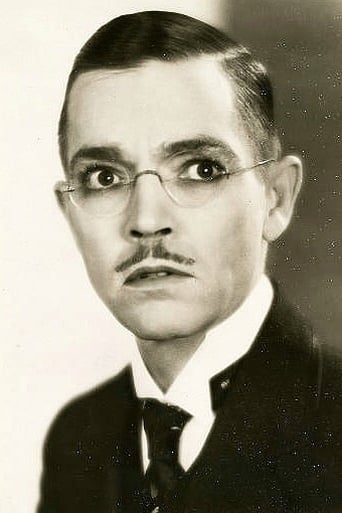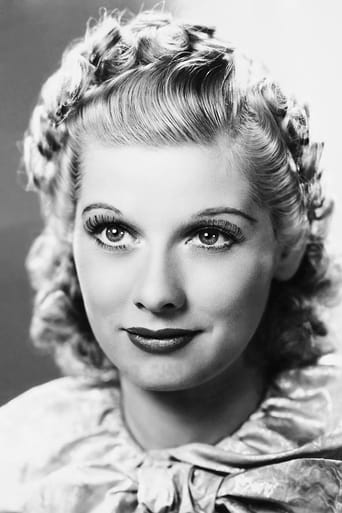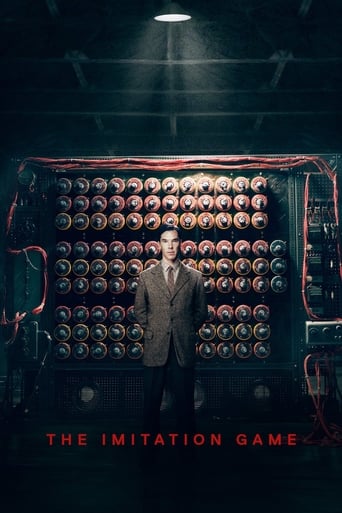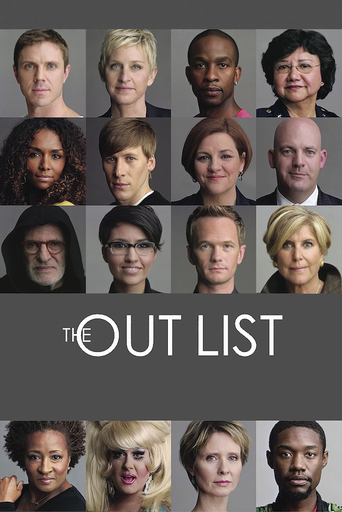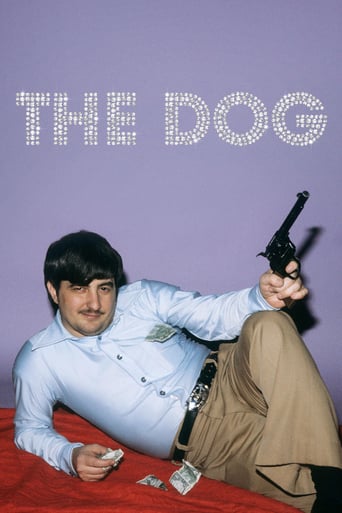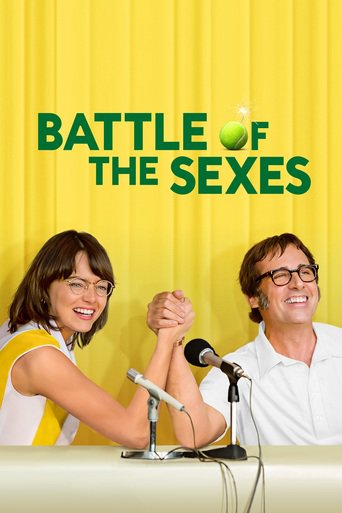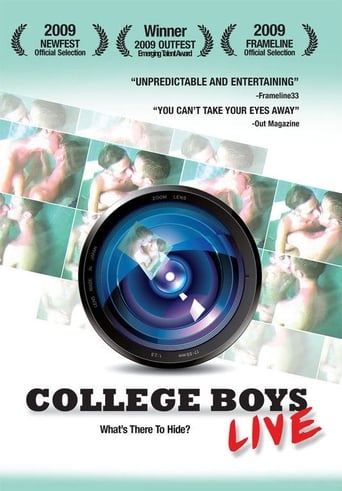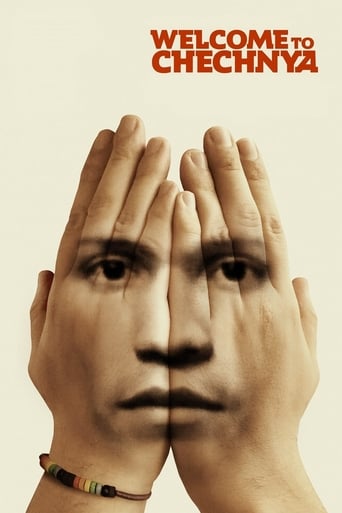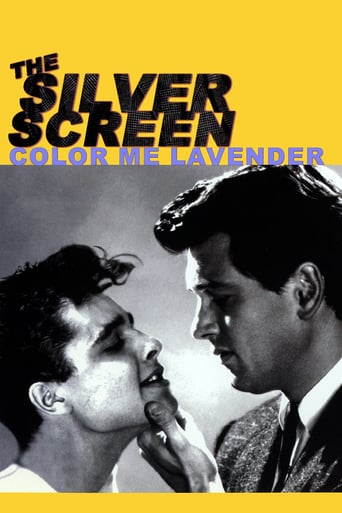
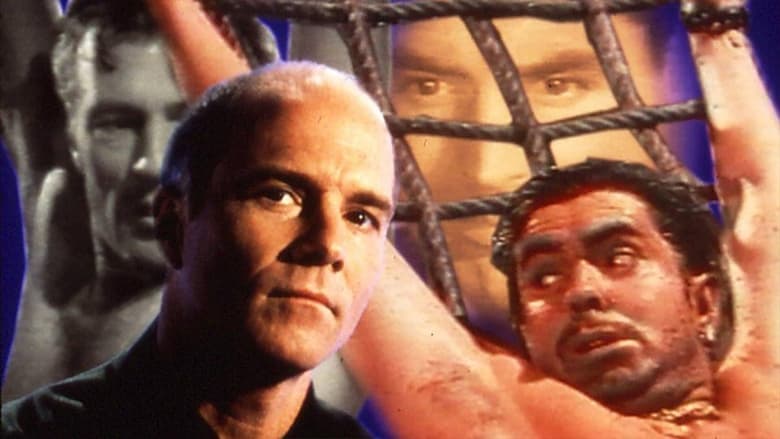
The Silver Screen: Color Me Lavender (1997)
A film scrapbook, images, phrases from our past, hiding their meanings behind veils. Let's lift those veils, one by one, to find how images, at one time seeming innocent, have revealed, after decades, to have homosexual overtones.
Watch Trailer
Cast


Similar titles
Reviews
Why oh why was Rebel Without a Cause not included?? Sal Mineo was the epitome of subtle homosexual characters.This doc is far from comprehensive.Finished it but just barely.Oh and broke back mt but that hadn't been released yet.
I can't imagine this film satisfying most people who watch it--whether gay or straight. While you'd think it would be a study of the history of gay actors in film OR gay characterizations, it really isn't very often--and it certainly is NOT very exhaustive. It's a shame, as I was fascinated to see how, for example, the Production Code changed how gayness was or wasn't shown or discussed in movies. Or, how difficult it was for gay actors over the decades--how they had to deeply closet themselves in order to make it in the overtly macho Hollywood environment. Or, how Hollywood mistreated or condoned homosexuals (both cases are true--and there are many examples of both extremes).The film clearly is rarely about human rights but about voyeurism. Instead of being educational, most of the film is spend showing various clips of effeminate or less than macho characters. In fact, the viewer is inundated with TONS of clips--many of which seem irrelevant and many of which don't even imply homosexuality. All too often, they are trying to imply something that may not have been intended at all. It felt less educational or objective and more like a film for gay people might want to watch and laugh at as the actors behave or deliver lines that are not all that juicy--certainly NOT intended as any sort of social statement.I'd say skip it--there MUST be something better out there on the subject.
Director Mark Rappaport, abetted by smug-perfect actor-narrator Dan Butler ('Frasier'), presents a myriad of film clips from a myriad of films, and manages to find 'hidden gayness' in every one of them. The whole film is reminiscent of social scientists who stubbornly hold to certain theories, and, using questionable methods, painstakingly set out to prove them. This flick tells us that those 'buddy' movies (Hope-Crosby, Martin-Lewis et al) were reflections of repressed homosexuality. Heterosexual affection between men is a myth: they're all hiding something. The Walter Brennan Syndrome, as Rappaport preciously and pretentiously calls it, is really the story of those many trusted movie 'sidekicks' who secretly harbour homoerotic fantasies about their heroes. This extends to great cinematic 'sidekicks' like Brennan, Millard Mitchell, Andy Devine, Walter Huston and many others. This is amazing arrogance, and it's stitched together here in an effort to imitate an actual documentary. If you follow the relentless drumbeat of the Rappaport-Butler conspiracy theory, huge numbers of screenwriters and directors are or were gay, closeted or no. Why? Because they reveal themselves in their dialogue. Those double entendres and nuances are nothing more than confirmation of secreted homosexuality. Case closed. Alas, human discourse, developed over many thousands of years, is just slightly more complicated than that. This flick deliberately tries to be sensational, and fails miserably. There is very little sensationalism to be found, unless you think 'outing' Rock Hudson, Randolph Scott and Sal Mineo is sensational. Those guys were 'outed' decades ago.If you're looking for a truly stupid and boring fake documentary, this is for you. And it's smug; oh, is it smug. Insufferably, intolerably smug.
Practically unwatchable documentary that best serves to make one appreciate the talent behind "The Celluloid Closet." The narrator/host (Dan Butler) is first seen inserted into a movie still, a device that grows quickly tiresome. Then he talks. And talks. And talks. The stunning amount of narration swamps whatever pleasure one might have in watching the film clips, a few of which would otherwise have merit.Furthermore, the filmmaker goes to ridiculous lengths to promote his "spot the closet case" premise: Rappaport (also the director and writer of the vastly overrated "Rock Hudson's Home Movies") seems to believe that any display of love or affection between men is "gay."



